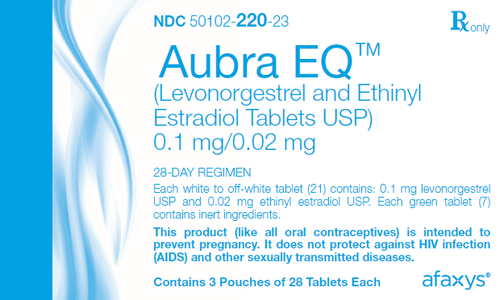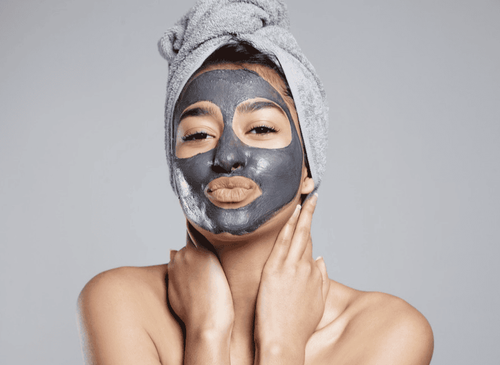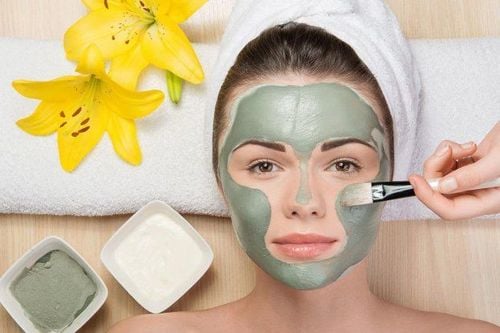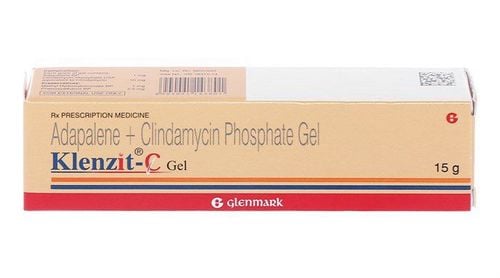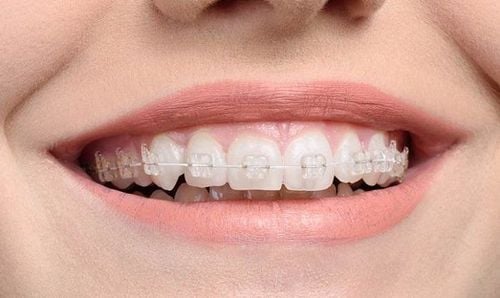This is an automatically translated article.
Masks are a popular and convenient way of skin care. There are many different types of masks, each with a different effect and suitable for different skin types. So can I use a mask for acne skin?
1. What is a mask?
Masks are a favorite skin care remedy due to their many benefits such as protection, replenishment and instant skin improvement. Applying the mask for a suitable period of time will bring many magical effects on the user's skin.
Masks are diverse in types, but most will have skin-restoring ingredients such as clay, mud, aloe, essential oils and herbs. Users can take care of their skin with homemade mask recipes or follow the instructions of professional estheticians. In fact, women often prefer masks with natural ingredients, which have the effect of treating acne, removing impurities, reducing pore size and moisturizing the skin instead of using other types. Masks contain artificial chemicals.
MORE: Green tea mask: What are the benefits?
2. The difference between different types of masks
Many people are concerned about whether it is good to apply a mask for acne skin because of rumors surrounding clogging of pores when applying masks to the skin. Similar to other skin care or cosmetic products, the benefits and risks of using a mask depend on the quality of the ingredients inside the mask. The variety of formulas and textures makes it easy to overwhelm users when choosing a mask:
Clay mask : This mask includes clay, kaolin and/or bentonite, which helps to tighten pores and Absorbs excess sebum on the skin. Clay masks are used for oily skin and clean dirt on the surface of the skin; Cream or gel mask: This mask is used to provide moisture to dry and dehydrated skin, while repairing free radical damage and boosting collagen production; Exfoliating Mask: Exfoliating is an important step in your daily skin care routine and an exfoliating mask is part of it, it helps to even out skin tone and effectively remove dead skin cells. fruit; Enzyme Mask: Enzymes derived from natural fruits are effective in treating dull or inflamed skin without creating irritation; Peel-off masks: Sometimes called latex masks, these mask mixes harden after being applied to the skin and require peeling for removal; Paper mask: This mask of Asian origin helps to deliver a large amount of active ingredients to the skin, pushing these ingredients deeper into the dermis for better effect; Sleeping Masks: Sleeping masks are usually in gel or cream form. They work while the user sleeps and leave the skin glowing the next morning; Natural masks: tutorials on the Internet have a lot of recipes for users to create their own masks using natural ingredients at home like sugar, oats and honey.

Đắp mặt nạ đất sét cho da mụn
3. How to choose the right mask
To choose the right mask, users need to know their skin type and skin problems:
Dry or dehydrated skin: A moisturizing mask made with moisturizing ingredients is the right choice . Dry skin does not directly cause acne, but dry skin is a risk factor for acne. Therefore, properly moisturizing the skin is an effective acne-limiting measure; Oily skin: People with oily skin will be in a state of oily skin throughout the day. To treat this condition, users can use an acne mask, which controls excess oil and removes impurities; Sensitive skin: If the skin is prone to redness or inflammation, users can look for a mask that softens and soothes the skin; Normal skin: different types of masks can be used depending on the purpose of use. However, normal skin is the skin that benefits the most from peel-off masks, which help lighten skin tone. SEE ALSO: How often to use a mask in your skin care routine
4. Can I wear a mask to treat acne?
In terms of short-term benefits, applying an acne mask can be effective. The most important thing is to choose the right mask ingredients for the current skin condition and limit the ingredients to avoid. However, choosing an acne mask is often not simple.
If we want to apply an acne mask, first of all we need to know the basics like acne and what causes acne? Acne is a skin condition that occurs when hair follicles or pores become blocked, causing swelling, which eventually leads to whiteheads, blackheads, or nodules.
Clogged pores are usually caused by an excess of sebum or oil, which are naturally produced by the skin to protect and lubricate the skin. Besides, excess oil often mixes with dead skin cells and sticks to the surface of the skin.
4.1. What ingredients do acne masks need?
If people with acne are being cared for by estheticians, they will analyze skin characteristics and recommend the most suitable acne mask. However, not everyone can receive such professional advice. If you buy a mask yourself at a store or buy it online, users need to pay attention to the following ingredients used to make a mask for acne skin:
Tea: Mask made from tea adds vitamin C and vitamins to the skin E, this helps to rejuvenate skin cells and remove free radicals that accumulate during the day; Coffee: Coffee in acne masks has the effect of regenerating the skin and helping the skin to be light again; Activated charcoal: Like a magnet, activated charcoal works to remove dirt from the deepest depths of the user's pores; Kaolin or Bentonite: These are ingredients found in clay masks and work to detoxify, flush out toxins and reduce redness; Glycolic Acid: This is an exfoliant so it is very effective in removing dead skin cells, promoting the growth of new cells and treating acne by unclogging pores; Salicylic acid: This is considered the biggest enemy of acne, salicylic acid helps to clear and prevent acne with a very high probability of success; Benzoyl Peroxide or Colloidal Sulfur: These ingredients in acne masks are similar to an anti-bacterial agent.

Trà xanh là thành phần của mặt nạ trị mụn hiệu quả
4.2. Mask ingredients to avoid
Another very important issue is that the user must note whether the mask contains sensitive or harmful ingredients to the skin? Accordingly, it is necessary to ensure that the acne mask does not contain artificial fragrances, dyes, parabens, sulfates, toxins and harmful chemicals.
5. How to use an acne mask properly
When applying an acne mask, make sure to use it properly, follow these 5 steps to get the most out of the acne mask:
First, you need to clean your face: Clean and exfoliate Exfoliate before use because applying a mask on a dirty face can trap impurities. Users should use warm water to wash their face to open pores and create a perfect base for the mask; Apply the mask carefully: Make sure your hands are clean when applying the mask, especially if you use your fingers to apply it, not a brush. Spread the product evenly in an upward motion, avoiding strong pulling movements on the skin; Note masking time: While some acne masks are safe to use over the long term, not all are meant to be. For example, when left on for too long, a clay mask can dehydrate the skin, while a hydrating mask can clog pores. Therefore, be sure to read the instructions on the mask product packaging. Another factor is how often an acne mask is applied, as some masks can cause dryness or irritation if used too often; Pat to dry skin: After removing the mask, the user needs to remember not to rub. Instead, pat your skin dry with a soft towel as it may be a little sensitive to excessive pulling or rubbing; Follow-up: Masks can help clear dirt, oil, and impurities to reduce the appearance of current breakouts and prevent future breakouts. While acne masks can help reduce breakouts, they are most effective when combined with the right routine and order of skin care products. Then, the skin will absorb more after applying the mask and users will feel better results from their acne products. In addition, we should make it a habit to apply masks to our face. Choose 1 or 2 days per week, spend about 20-30 minutes to apply the mask and try to maintain a regular routine to implement your beauty plan (users can use the mask more often depending on their preferences). depending on your habits and desired outcomes). Some other tips to increase efficiency such as taking advantage of mask time to sit back and relax, add a candle or a glass of wine to bring a luxurious spa-like feeling in your own home.
In short, an acne mask can be a solution for acne-prone skin, but it needs to be combined with other acne remedies. Users need to choose the right type of mask and apply masks for acne skin with appropriate frequency, along with other healthy skin care procedures.
Please dial HOTLINE for more information or register for an appointment HERE. Download MyVinmec app to make appointments faster and to manage your bookings easily.
Reference source: bioclarity.com





